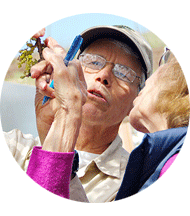
Studying the seasons: how climate change affects natural communities
UC Santa Barbara researchers have launched the California Phenology Project. Scientists, docents, staff, teachers and other citizen researchers will track the life stages of selected plant species at eight UC natural reserves.
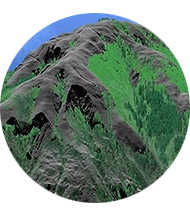
Remote sensing: placing nature at our fingertips
Researchers at UC Natural Reserve System locations use sensors to map land, track animals and collect environmental data.
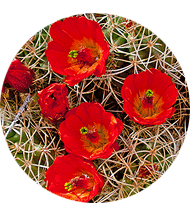
Wild bee research at UC Natural Reserve System
A large amount of native bee research in California occurs in the wild landscapes protected by the UC Natural Reserve System.
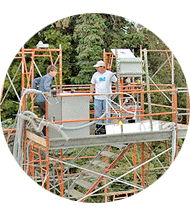
There's something in the California air
UC professors built and worked in towers as part of the largest single atmospheric research effort in the state. The data they've collected will guide policymakers dealing with air pollution.
UC scientists again top NAS membership
Fifteen UC scientists were among new members elected May 3 to the prestigious National Academy of Sciences. As in previous years, more UC faculty were elected than all other public universities combined.
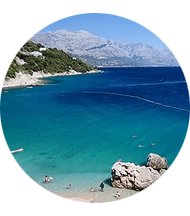
'Lands of Two Seasons'
The UC Natural Reserve System and UCTV have launched a video series about the world's Mediterranean-climate zones, which include much of California.
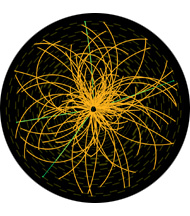
Higgs boson: UC physicists mattered in historic search
UC scientists spearheaded key experiments in what some call the 'Holy Grail' discovery in physics: a new particle that may prove to be the long-sought Higgs boson.
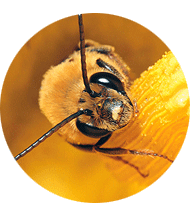
Tiny saviors in our backyard
Honey bees get most of the buzz, but some native bees are better at spreading pollen. They may hold the solution to world pollination problems that affect important crops.
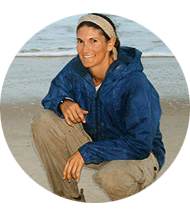
Evaluating marine parks in the high seas
California is a leader in protecting marine life and areas, and UC scientists play an important role in studying, advising and shaping policy that must balance the environmental needs of the ocean with those of millions of users.
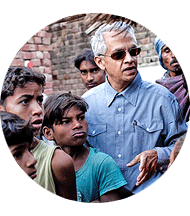
Keeping the planet from being cooked
Reducing black carbon could immediately slow global warming and save millions of lives, says a UC San Diego scientist. And simply providing cleaner-burning stoves in rural villages can help do the trick.
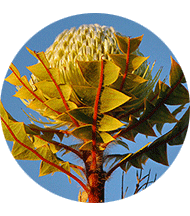
Shaping life: the geology of Mediterranean-climate ecosystems
"Shaping Life: The Geology of Mediterranean-Climate Ecosystems" explains the starring role of geology in the evolution of species in California, central Chile, the Western Cape of South Africa, South and southwestern Australia, and the Mediterranean Basin.
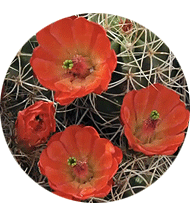
A tale of two UC natural reserves
The James San Jacinto Mountains Reserve and the Sweeney Granite Mountains Reserve in the Mojave Desert are outdoor labs for students and scientists.

Warning where the Big One will hit
UC Berkeley is partnering with two other universities, a philanthropic foundation and industry to conduct earthquake research that could lead to a warning system. People could then have time to dive for cover, and transportation and utility systems could shut down operations.
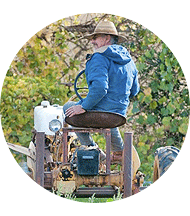
Seeding innovation
Decades ago, students helped spur organic farming and laid the ground for sustainable agriculture research and education programs at UC Davis and UC Santa Cruz that are models today for other universities.
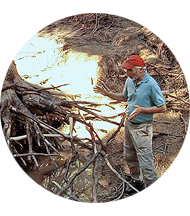
Getting to the root of the water cycle
In a remarkable outdoor laboratory in the Sierra, UC Merced and UC Berkeley researchers use sensors to gather a mother lode of data to greatly improve ecological measurement and hydrologic forecasting.